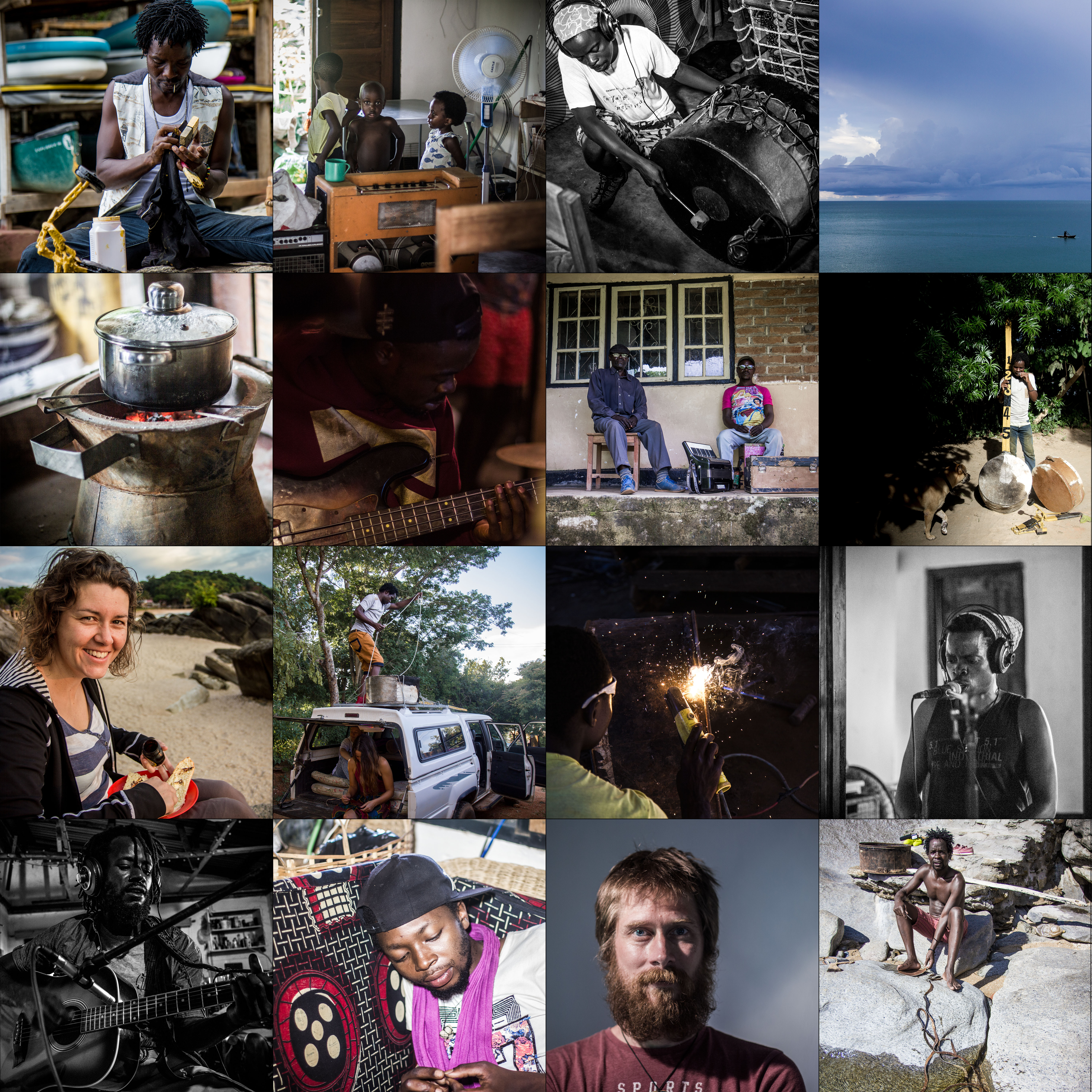“With seven vocal cords, a pair of half broken acoustic guitars and a homemade drum kit, there was something powerful going on. Electric music. Raw energy.”
…or find the shorter About here.
This is Mattias Stålnacke, founder of Moto Wambili Studios and co-founder of Spare Dog Records. He ended up in Malawi after taking half a year off work in Sweden to go travelling in East Africa in 2011. Deciding that his work as a musician, music teacher and music producer could just as well be done in Africa, Mattias has been alternating life in Malawi and Europe ever since.
This is Kate Swatridge – two thirds of the brains in Spare Dog Records. She and Mattias met in Nkhata Bay late 2013 and she’s the chief instigator and co-founder of the label. Coming from a business background, she now tries to balance spreadsheets with all sorts of crazy.
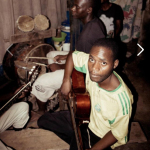
A crazy idea
It must have been about 3 years ago; me sitting in that small room in the Kakumbi village in Nkhata Bay, northern Malawi. I had been invited to check out a rehearsal of a local band I’d met a few days before – and so there I was, armed with a camera and an extra microphone. The room was crowded with people; some playing, some dancing and some kids just staring wide-eyed. It was hot and sticky, the naked light bulb gave a harsh light but the air was vibrant. With seven vocal cords, a pair of half broken acoustic guitars (with about eight strings between them) and a homemade drum kit (scrap metal, bottle caps and cow skins) there was something powerful going on. Electric music. Raw energy.
I think that’s where the idea started, that’s where the dream of doing something really crazy formed. And then it grew…
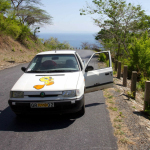
A car called Tweety
A few months later I was back in Sweden again, putting the plan into action. I bought the Tweety-Mobile (an old Skoda Pick-up) and packed as much of my studio equipment as I could fit in the back, along with all the other necessary stuff; amplifiers and instruments, tools and spares, my beloved old stereo, miscellaneous cables and stands, and a few household things. Finally, in June 2012, I drove Tweety to Antwerp and sent it off to Dar es Salaam by ferry. I boarded a plane to Tanzania a week later and spent some time with a group of musician friends on Zanzibar, waiting for my things to arrive.

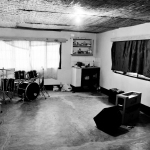
Moto Wambili Studios
After driving the pick-up the 1200km from Dar to Malawi, I found a nice house to rent in Nkhata Bay. It had water, electricity and a beautiful view of the lake. Space enough for me to live and to host music rehearsals and do proper recordings. I always tried to participate as much as possible through my guitar playing, and it did earn me a nickname – ‘Moto Wambili’, which in the national Malawi language of Chichewa roughly translates to More Fire.
If I can use my know-how and my equipment to help facilitate great talent in northern Malawi – if I can help record and spread the music fire of tomorrow’s Malawi stars – wouldn’t that be a great name for the studio project? Moto Wambili Studios – More Malawi Fire for the World!
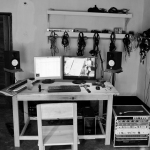
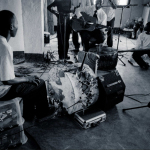
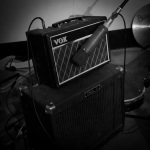
The Studio takes off
Little by little I started to record different artists; a few songs with some artists and bigger projects with others. Some I had known since before and others were new to me. As more musicians heard about the new studio in the Bay, I started to get more people paying visits. It wasn’t unusual for me to be woken early in the morning by someone who wanted to have a chat and tell me their story and show off a few tunes. I have not had enough time to work with all the artists, but I did (and still do) make a point of listening to everyone.
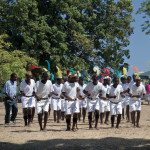
Music in the Bay and beyond
A lot of musicians in urban Malawi are playing reggae and more traditional beats, or a mix of these. I think the reason why reggae is such a prominent part of the music scene is that being part of the Rastafari Movement makes it socially more acceptable to live the slightly alternative lifestyle of a musician in an otherwise traditional society.
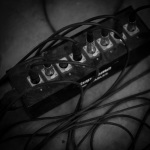
There is also a strong Gospel tradition in Malawi, as well as the particular dance and music styles of different tribes. On top of this there are the many youths who are influenced by western music styles as well as a rich tapestry of African pop music.
I try to work with a broad spectrum of musicians and music styles – there’s always something of inherent value in great music that transcends genres.
The Dawn of Spare Dog Records
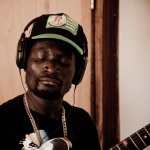
The infrastructure for Malawi musicians who want to sell their music is quite poor. In Malawi, popular music (or any music at all) is usually recorded on a laptop connected to a synthesizer and a consumer microphone, and most record sales are done hand to hand. While there are a few decent recording studios in the south, there are none in the north, and the ones in the south are way beyond the budget of most any Malawian musician. When it comes to sales, there are some folk in the south who will buy an artist’s Master Tape to make copies and sell, but the deal is often not very advantageous to the artist, and the music never reaches outside the country. That’s where the idea of Spare Dog Records come in!
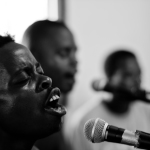
Spare Dog Records is releasing and promoting some of the music created in Moto Wambili Studios to an international audience. The sounds coming from the little studio on the shores of Lake Malawi now have a way to reach Western and African ears alike.
While we try to coach and guide artists through aspects of the creative and marketing processes, it will always be on the musicians’ terms and discretion. We can help to refine, but we will never demand changes. We are very proud of the fact that we are entrusted to work with this beautiful music and we know that we, both as a studio and as a record label, must keep being responsive to the artists’ wishes in order to stay true to its expression and intent.
With these ethics in mind, I think we are in an unique position to be a positive force for talented musicians in Malawi and for Malawi music in the world!
-Mattias Stålnacke
